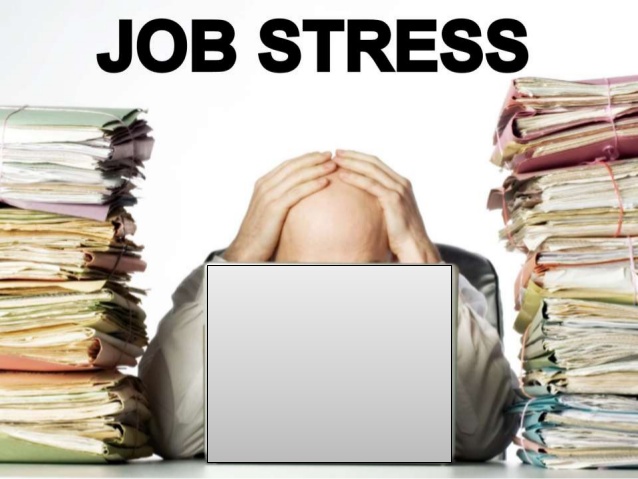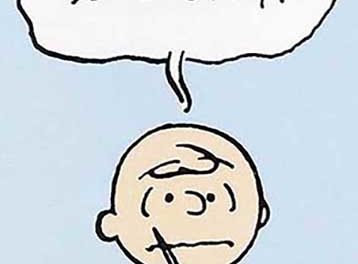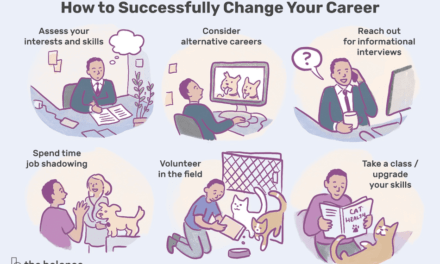We live in a stressful world. No matter how hard we try to circumvent stress and anxiety, our rendezvous with stress and anxiety is as sure as death and taxes. Encountering distress is an undeniable reality. Understanding that stress and anxiety are always present in one’s life should be accepted, but that does not necessarily make it easier.
For example, have you ever been picked on by a boss? Who can ever forget that unfortunate day that you became the “official office target” of the boss? Have you ever been accused of a blunder that you never committed? Not contented with what he did, the boss surprised you with words that you have never even heard of before. To top it all, he did it in front of the whole work unit. Left with no choice but to keep your mouth shut, you just allowed your boss to splatter his saliva unreasonably all over your face. Still, you manage to fake a “cherry grin.”
These kinds of situations are just an ordinary office scenario but tend to induce stress and anxiety. Stress first was attributed to external pressures like workloads, competition and other stimuli that could produce a distress one’s body. Recently, however, stress was described not only as external stimuli, but it may very well be the reaction of a person to another individual’s negative perception, capacities, and understanding.
Meanwhile, anxiety is overwhelming fear, worry, or apprehension accompanied by bodily manifestations like chronic sweating, uneasiness, heart palpitations, nausea, shortness of breathing, and headaches.
Work-related stress and anxiety and constant care of the same sorts can affect one’s work performance. Stress-induced by a past negative encounter with an officemate, worrying on multitudes of paper works labelled “urgent,” and apprehensions to confront a boss can affect office performance indeed. The apparent effect of it to a professional is not only depressing but could also be a one- way ticket to unemployment.
No one wants to lose their job right away, right? And companies don’t give in to excuses like, “Sorry sir, I’m just stressed.” So wise up to see the possible anxiety treatments.
Start with a proper diet. Others might raise their eyebrows with this practical self-help tip, but it has a scientific explanation. Anxiety conditions are the avenues for the usual response of “fight or flight,” which is a condition where people who are confronted with a fear of challenge or flee from anxiety. With a healthier diet, the body becomes more stable, and eventually, lessens the stress reactions.
Have a proper attitude. Don’t put unnecessary stress on your life by going through useless notions. Yes, your boss may have shouted a couple of times, but harbouring resentment would do no good either. Focus your strength and energy where you need it most– on the work. By taming one’s mind, you can gradually obliterate anxiety. Instead of using your power to backstab a tyrant boss or get even with a co-worker with hideous attitude, learn to channel those energies to a more worthy cause. A proper approach is an excellent anxiety treatment.
When you remain calm, you increase anxiety in a stressful situation, but when energizing yourself and embracing the stressful event, you take off the pressure and reduce stress.
Life’s full of stress, and we can’t afford to add insult to the injury. Higher pressure will increase the risk of anxiety.
© Wordscapes® (David Turner). All Rights Reserved.




